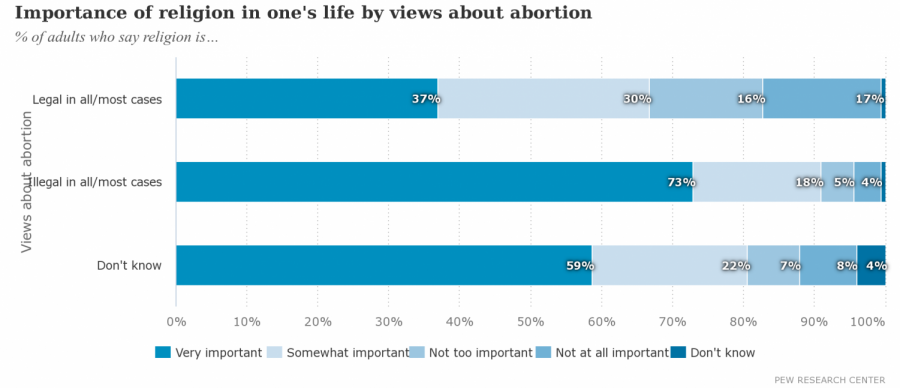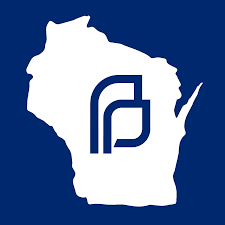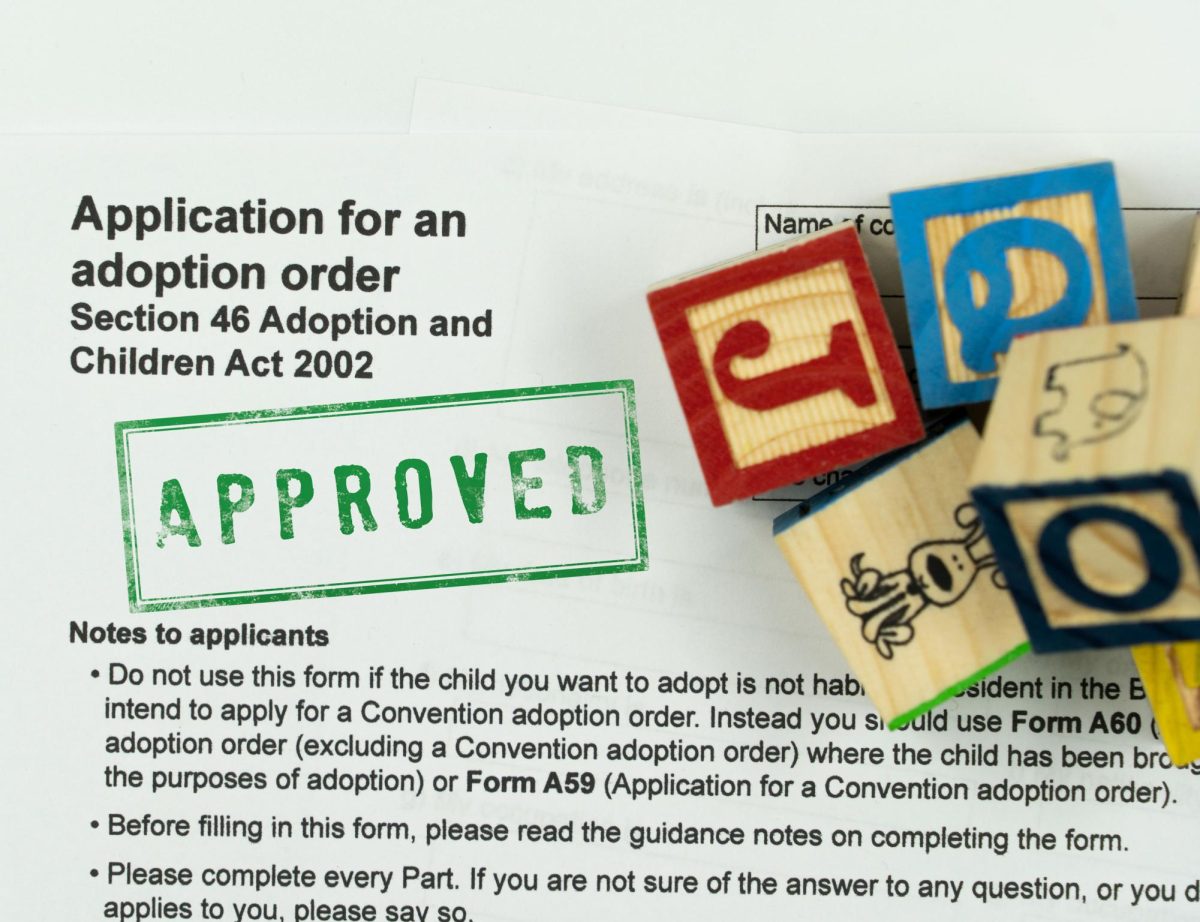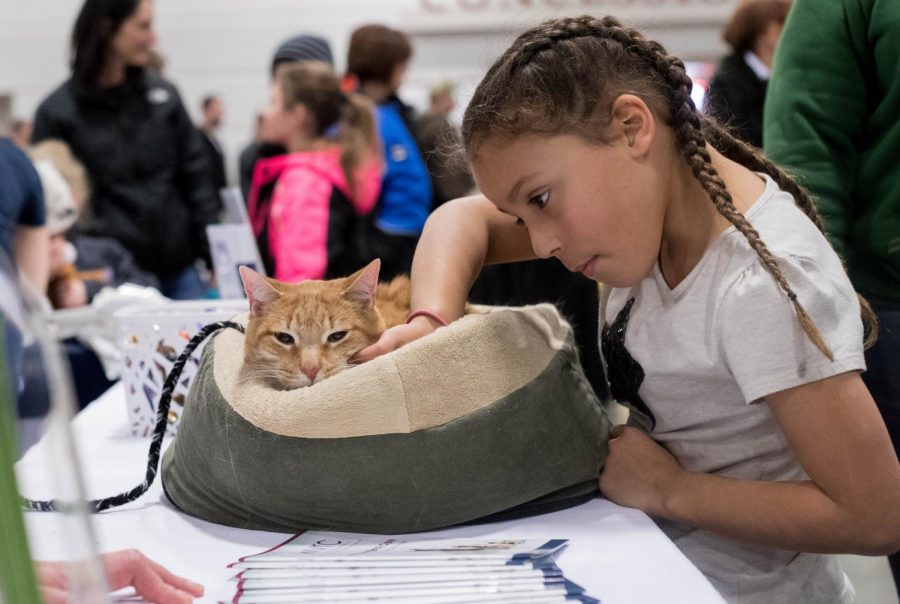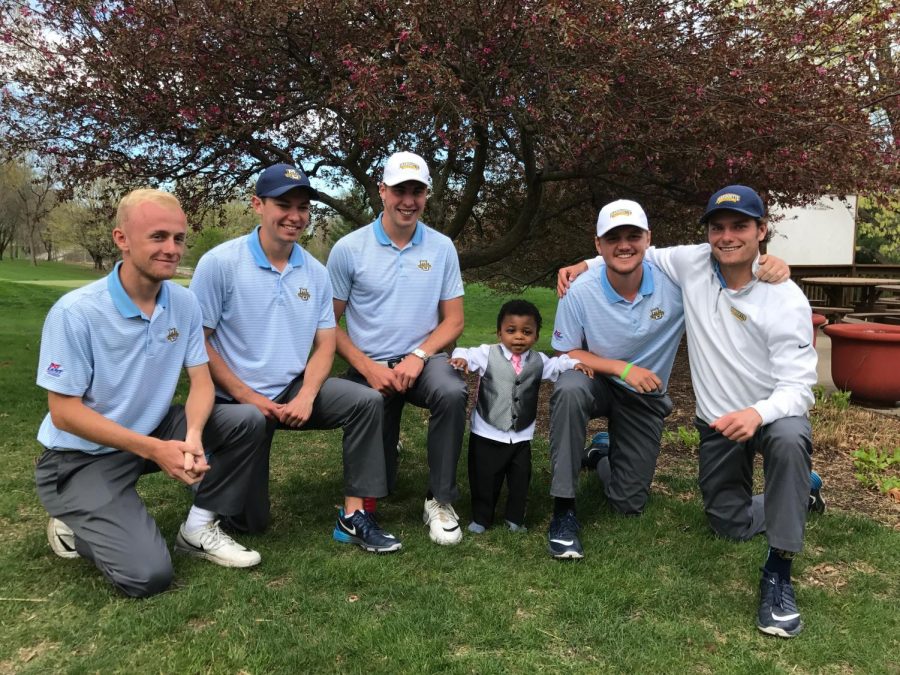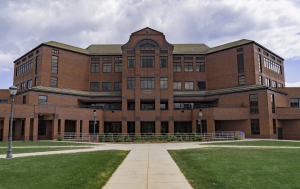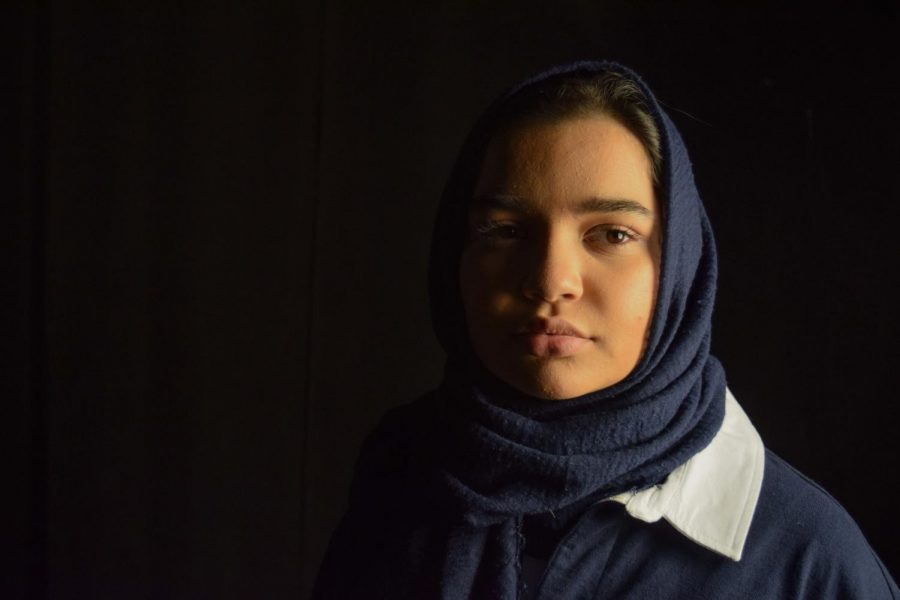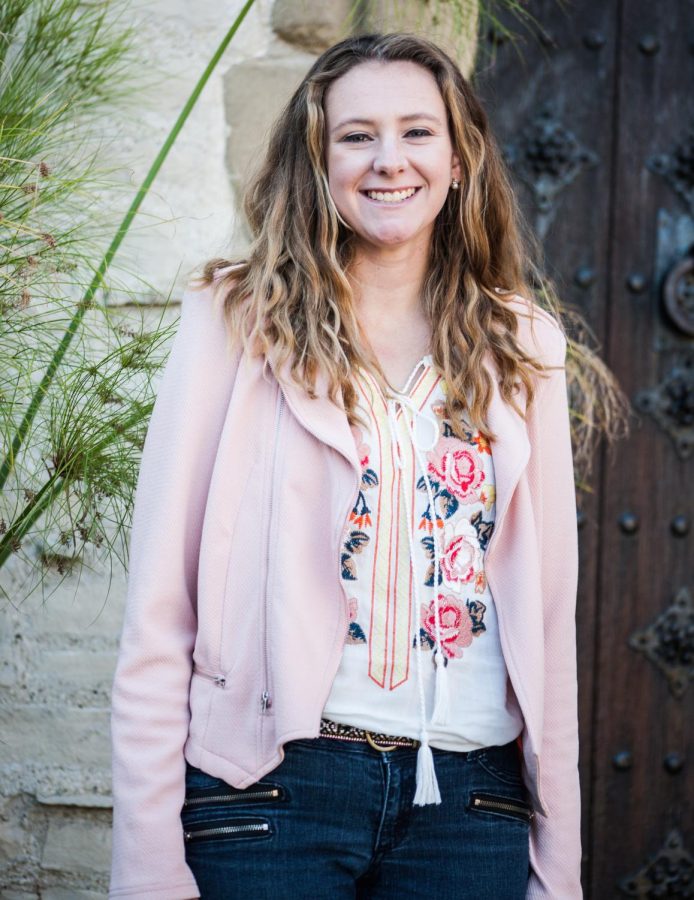The concept of religion can be an ambiguous one when we consider how much it varies from person to person. To some, being a religious person is defined by how often you go to church, if you are baptized, if you pray to God or a god; to me, it is defined by how you use the love your religion empowers you to give to others. Unfortunately, religion has all too often become a pawn in the game of political battleground.
For example, one major issue in the country is that only 54.6% of the U.S. population is fully vaccinated as of Sept. 19, according to the Centers for Disease Control and Prevention. A survey found 40% of evangelical Christians said they weren’t likely to get vaccinated, ever. Religion should not be a barrier for vaccination.
With respect to the medical freedom all citizens deserve in this country, unfortunately being unvaccinated does not exclusively affect them. Something evangelical Christians may strive to keep in mind is that instead of practicing a “love thy neighbor” mentality, they are endangering those around them by not getting the COVID-19 vaccine. Although the COVID-19 vaccinations have been very effective, if an unvaccinated person contracts the disease and spreads it to a vaccinated individual, there is still risk for them to become infected.
People citing religion as a means of political or medical intervention is not exclusive to COVID-19 and nothing new to our country. Recently, the Supreme Court upheld a new Texas law banning most abortions as well as punishing anyone who may be involved with performing or being aware of an abortion.
The pro-life versus pro-choice conversations we see amidst abortion law debates follow a common trend. Many pro-lifers tend to reference their religion as a means to argue that abortion is impermissible and should be illegal in most if not all instances. A survey conducted by the Pew Research Center seeking out connections between strong religious affiliation and anti-abortion views found that 73% of those who believed abortion should be illegal in most or all cases also claimed to be absolutely certain they believed in God.
The reason this argument is insufficient is that someone citing their religion to impose upon another’s bodily autonomy is a severe overstep of boundaries. Controlling a person’s decision whether or not to carry a child should be a decision left up to the mother. In cases of high-risk pregnancies, rape, incest, severe poverty or any matter, nobody should be forced into a birth.
Another time we see an overreach of religion is regarding the rights of the LGBTQ+ community. Gay marriage was legalized in the U.S. June 26, 2015. This was a monumental step in the right direction, however, the struggles of this community do not begin and end with marriage. Religion has played a pivotal role in the arguments against same-sex couples’ adoption rights.
As of June 2021, there are still 11 states that allow state-licensed adoption and foster care agencies to use religious exemptions in order to reject same-sex couples from adopting a child. There are another 18 states that offer no clear protections for same-sex couple applicants. The Catholic Social Services had filed a lawsuit that probed the Supreme Court case Fulton v. City of Philadelphia, regarding whether or not religious exemptions were viable in the adoption process.
It is heartbreaking to find qualified, prospective parents or fosters faced with discrimination at the hands of a religion that they may not even practice. Religion has no place in a foster care and adoption system that is already treading water to keep kids alive and well and find them homes. The Wisconsin foster care system alone has approximately 7,000 children in it. In order to take steps to repair this system, it is vital that we take out personal politics or religious beliefs when considering child welfare because a family who will love and protect a child is one that deserves the chance to.
Religious integrity is upheld by allowing people to practice their own religions to the fullest extent they see fit in a way that does not hinder other members of society. As much as you may feel called by God to strive against the progression of society and strive for traditionalism, humans’ rights need to be prioritized. What someone believes and practices in their daily life and in their homes should be so intrinsically important to them that they do not need to step on other peoples’ rights to uphold their own principles.
I urge everyone to practice the most core principles of religion, being to love and accept one another as we are not the divine figures in anyone else’s life. There is a middle ground that can be struck between our personal beliefs and the rights of others. As much as we may each think we have the right idea of how someone should be or live, we do not have the power to enforce that upon others. Religion is supposed to be a beautiful community that is welcoming to others. What it is not supposed to be is a controlling entity that makes itself known in political policies.
This story was written by Grace Cady. She can be reached at grace.cady@marquette.edu


